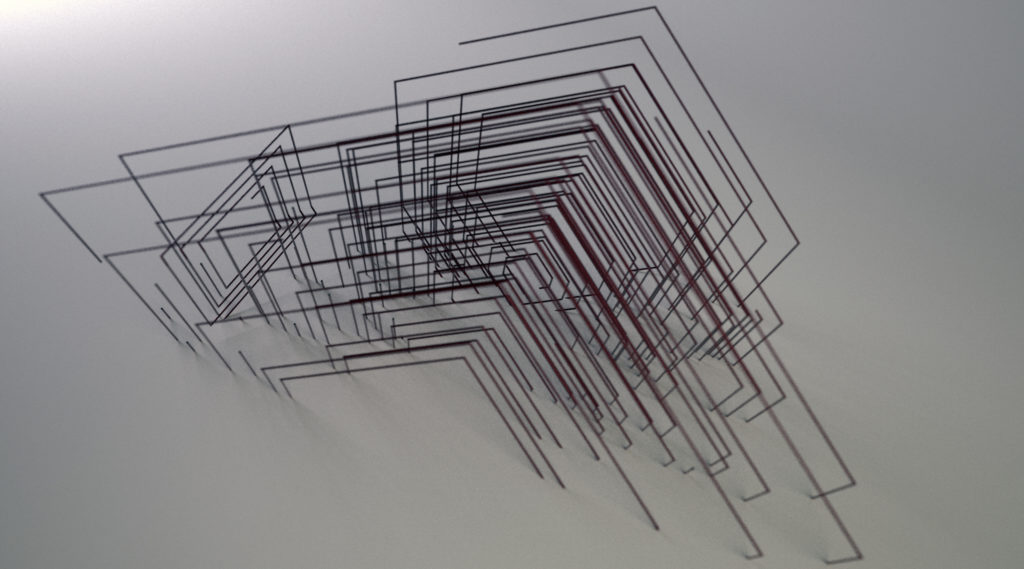
visual interpretation of generative haiku _ olivier pasquet 2020
2021
+++++++++++++++++++++++++++++++++++++++++++++++++++
Haiku (俳句) is a short form of Japanese poetry in three phrases, typically characterized by three qualities:
- The essence of haiku is “cutting” (kiru). This is often represented by the juxtaposition of two images or ideas and a kireji (“cutting word”) between them, a kind of verbal punctuation mark that signals the moment of separation and colors how the juxtaposed elements are related.
- Traditional haiku often consist of 17 on (also known as morae though often loosely translated as “syllables”), in three phrases of 5, 7, and 5 on, respectively.
- A kigo (seasonal reference), usually drawn from a saijiki, an extensive but defined list of such terms.
- Modern Japanese haiku (現代俳句, gendai-haiku) is said by some to increasingly vary from the tradition of 17 on or taking nature as their subject. Despite the Western influence, the use of juxtaposition continues to be honored in both traditional and modern haiku. There is a common, although relatively recent, perception that the images juxtaposed must be directly observed as everyday objects or occurrences.
In Japanese, haiku are traditionally printed in a single vertical line while haiku in English often appear in three lines parallel to the three phrases of Japanese haiku.
Previously called hokku, haiku was given its current name by the Japanese writer Masaoka Shiki at the end of the 19th century.
The initial idea consists on building haiku using generative adversarial networks. Haikus would be a starting point and it will be interesting to see where these textual traditional compositions will lead.
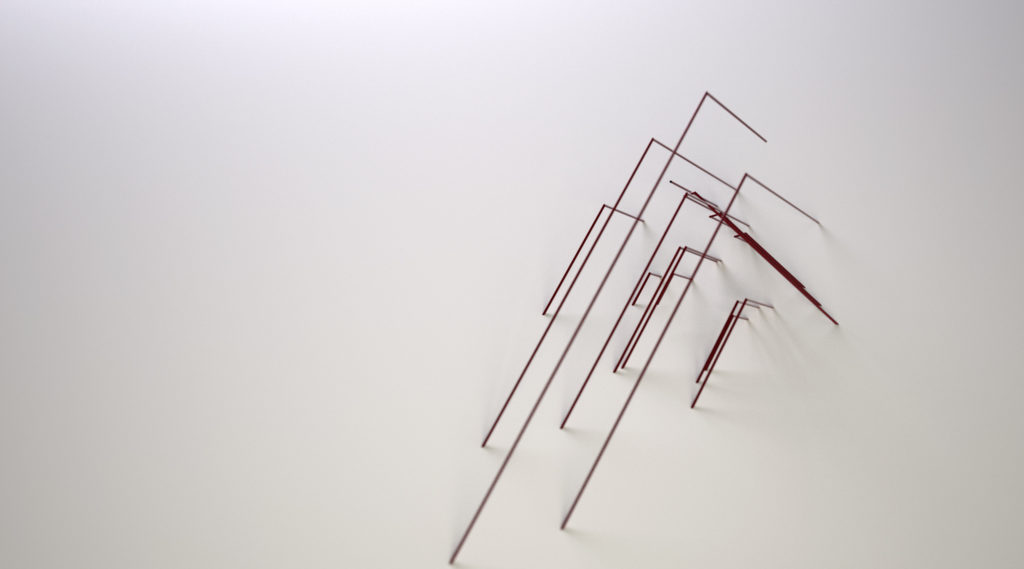
visual interpretation of generative haiku
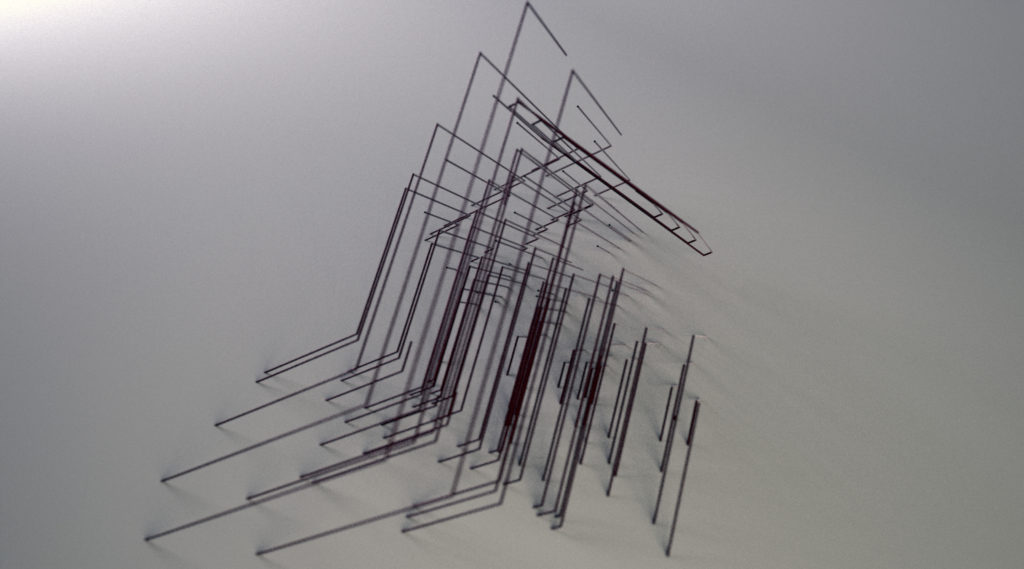
visual interpretation of generative haiku
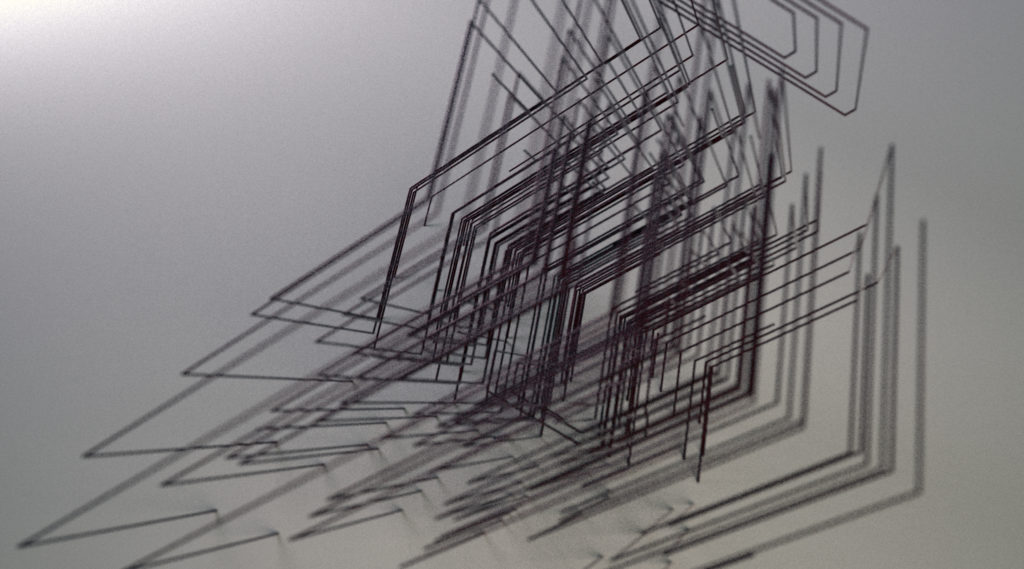
visual interpretation of generative haiku
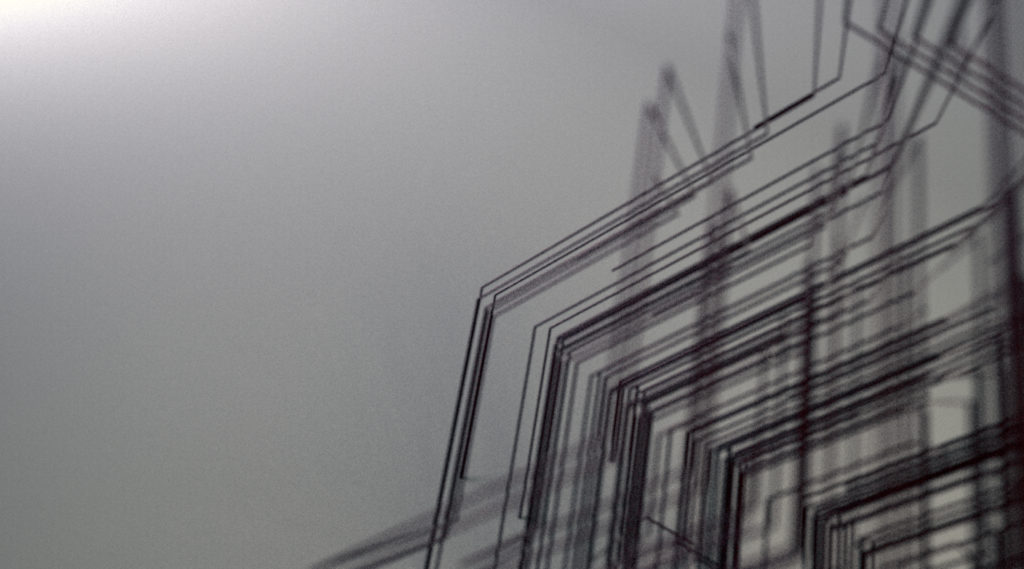
visual interpretation of generative haiku
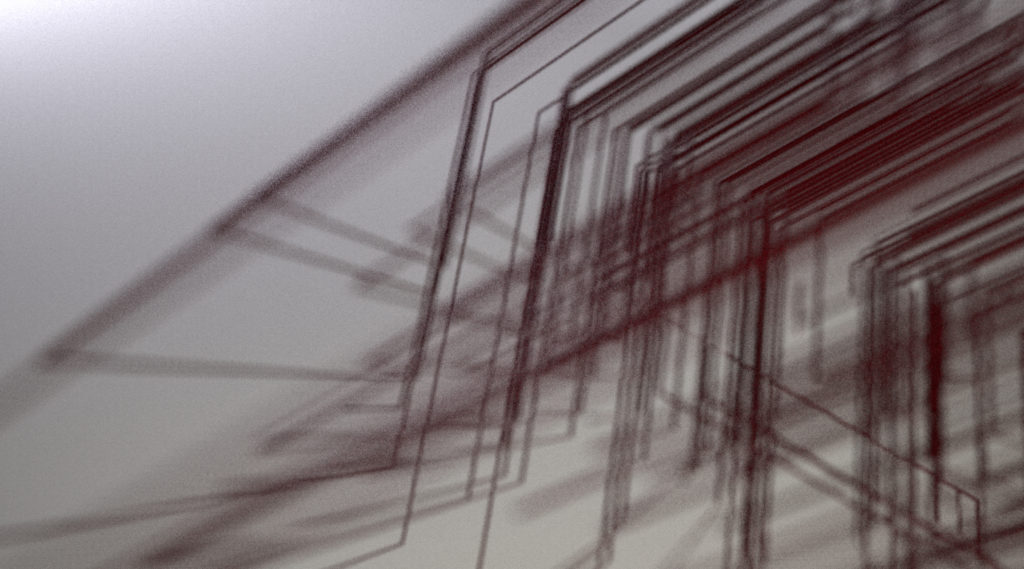
visual interpretation of generative haiku